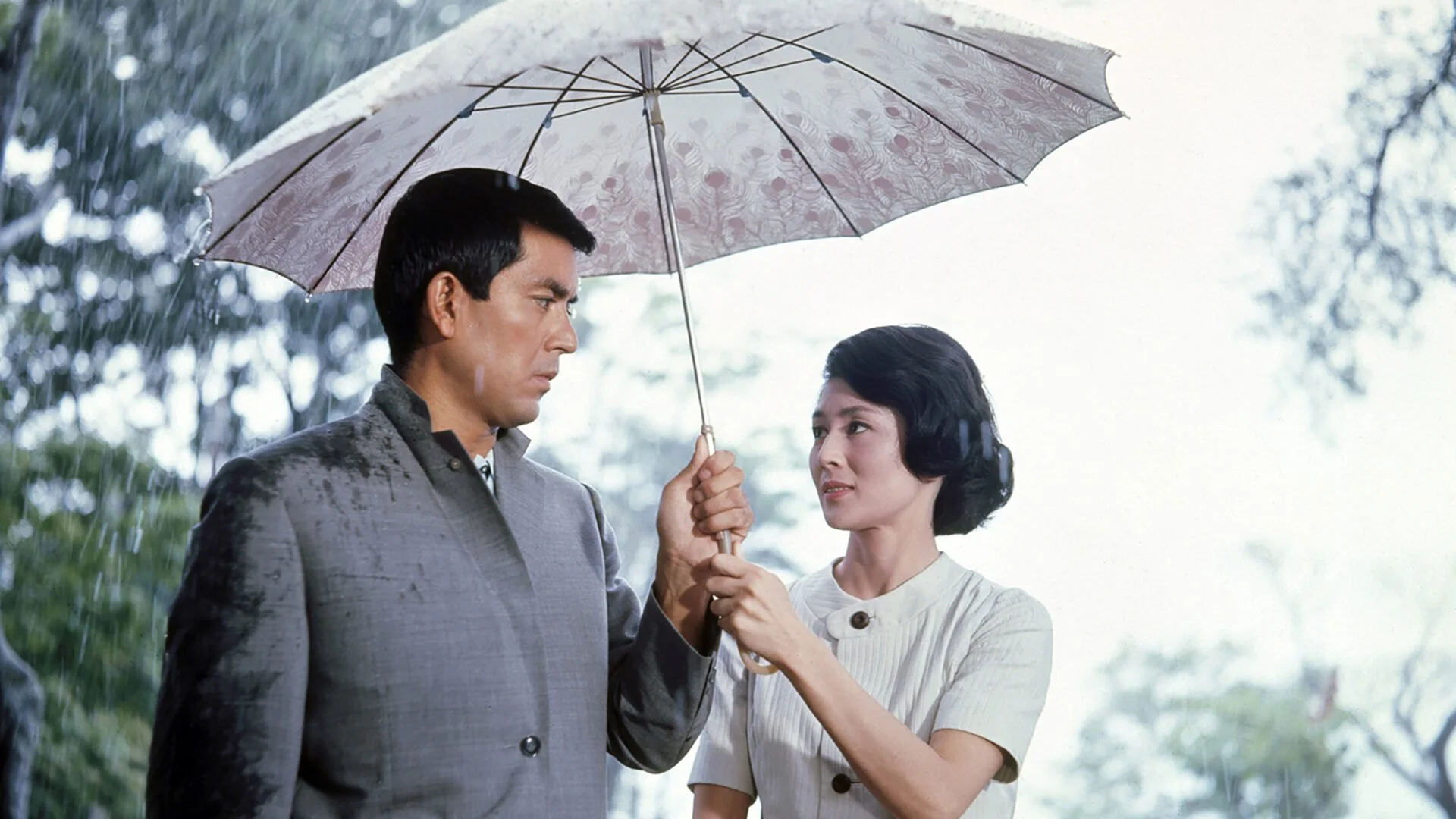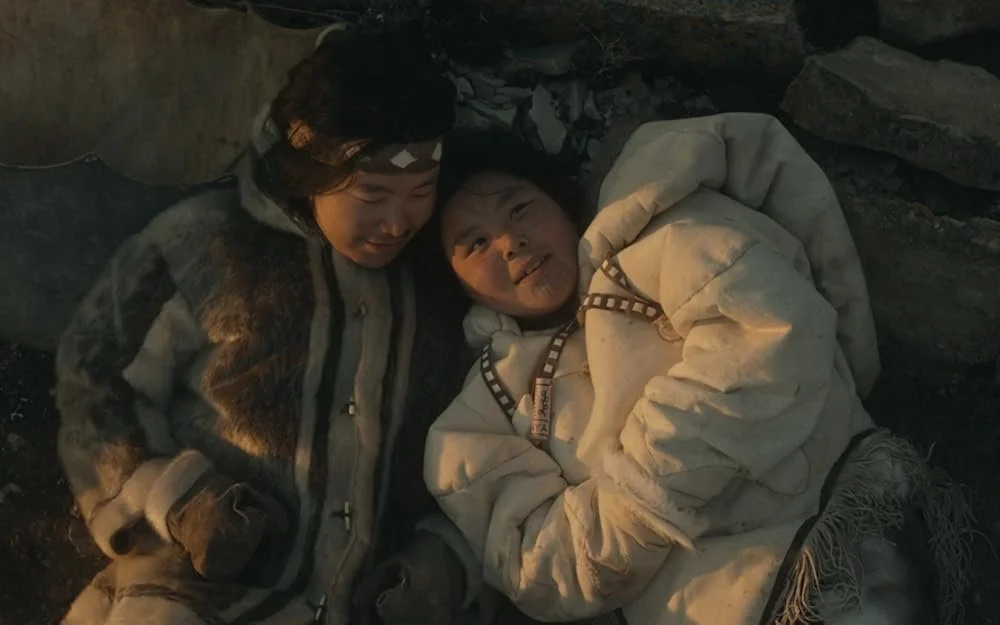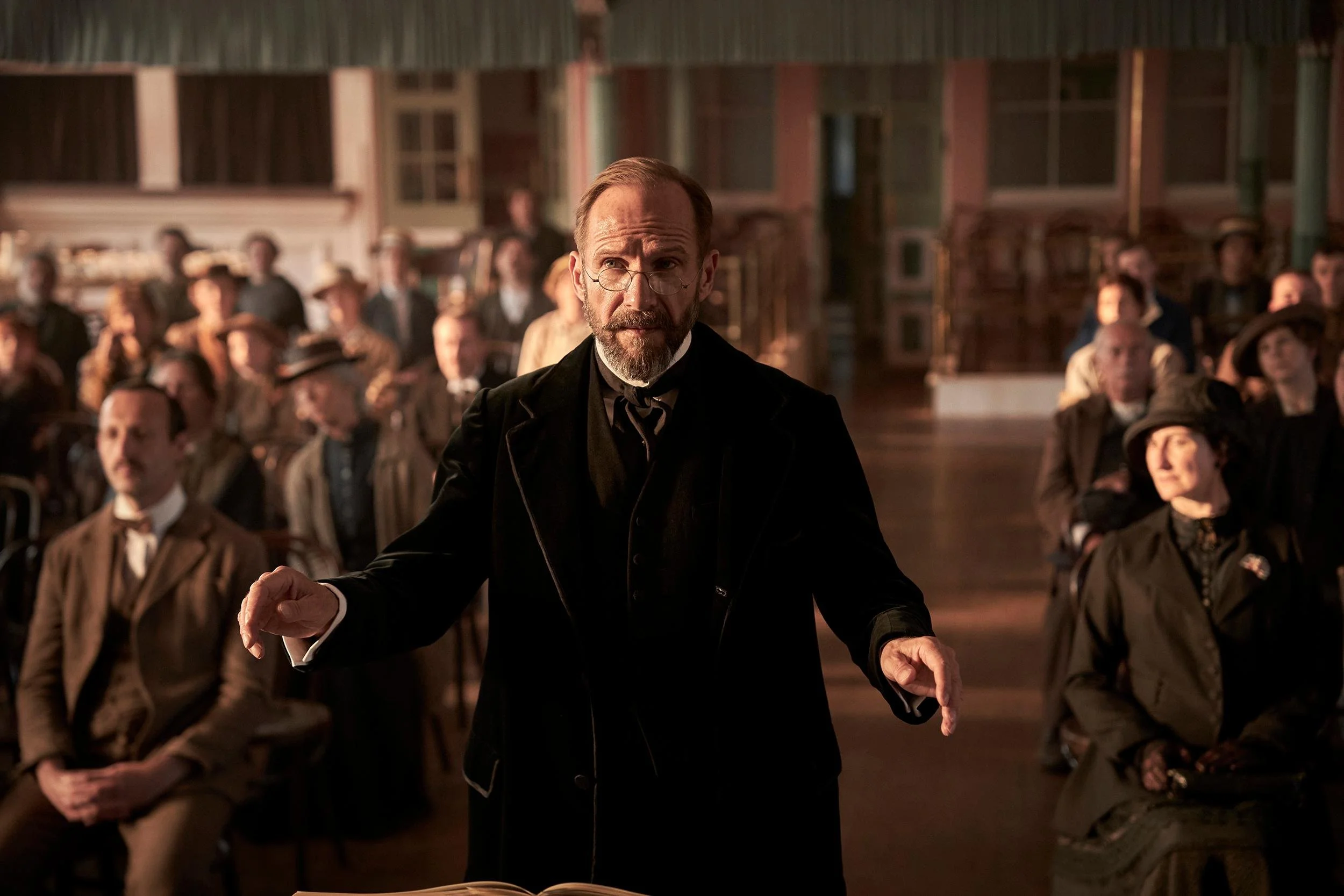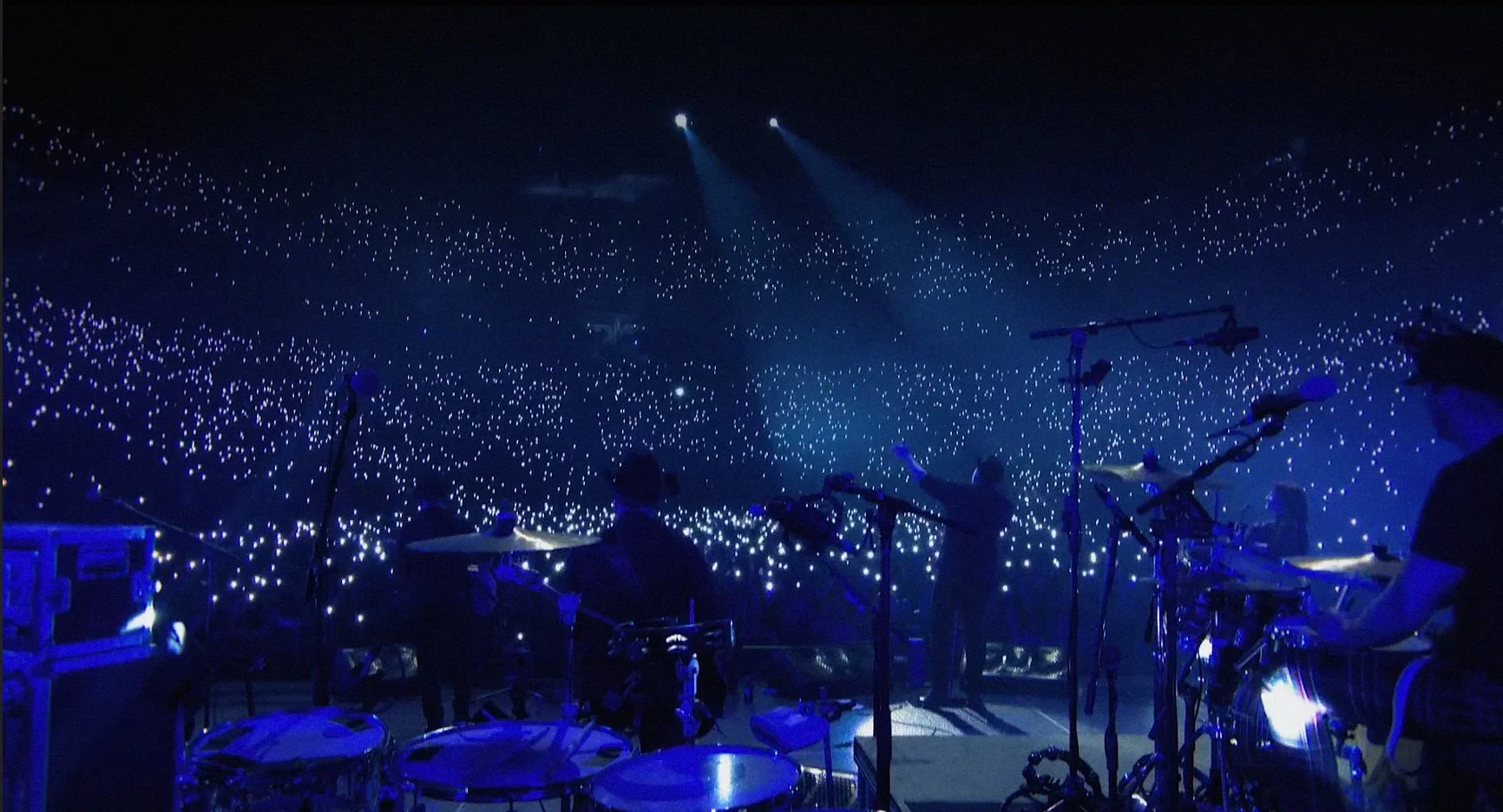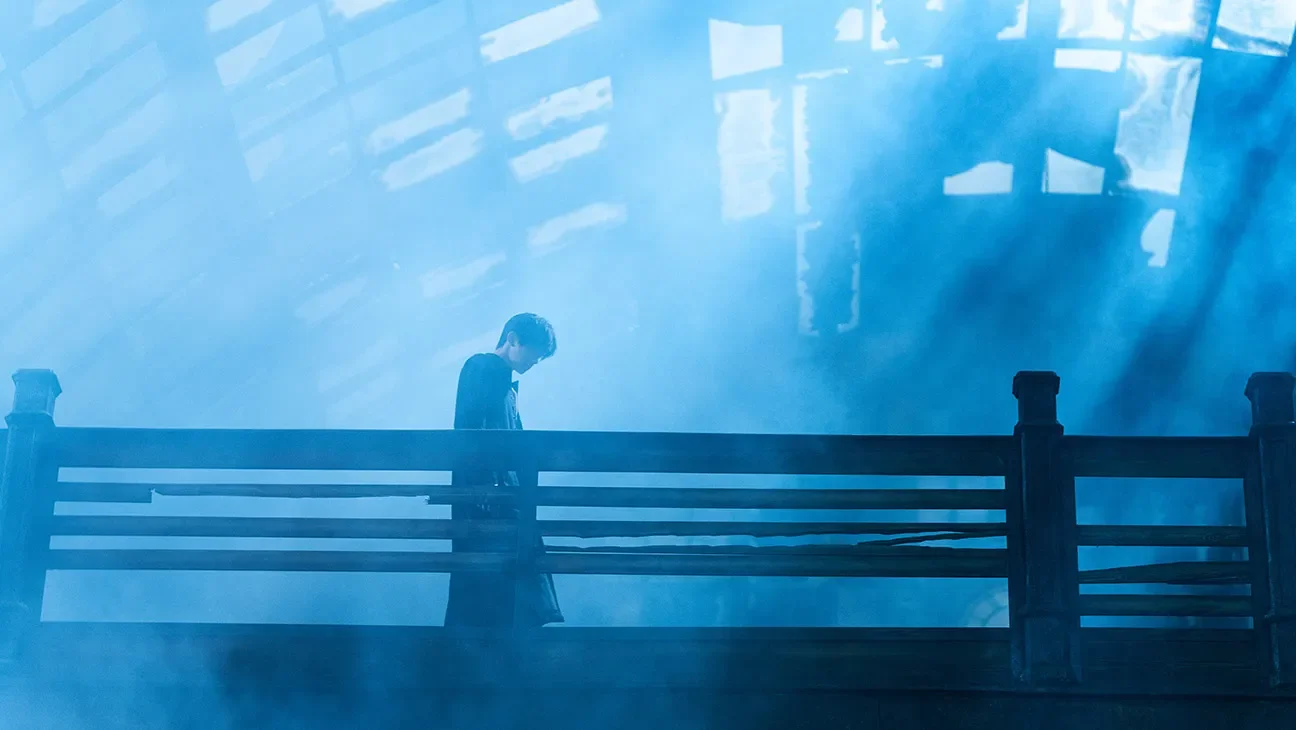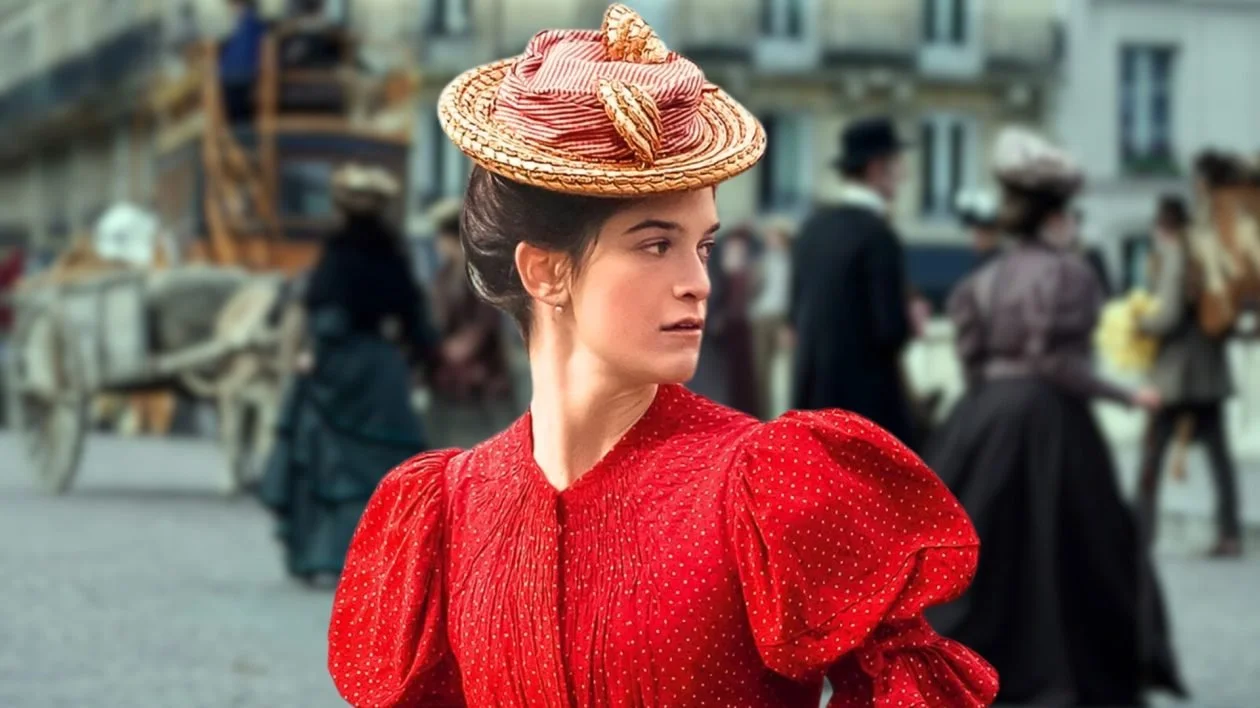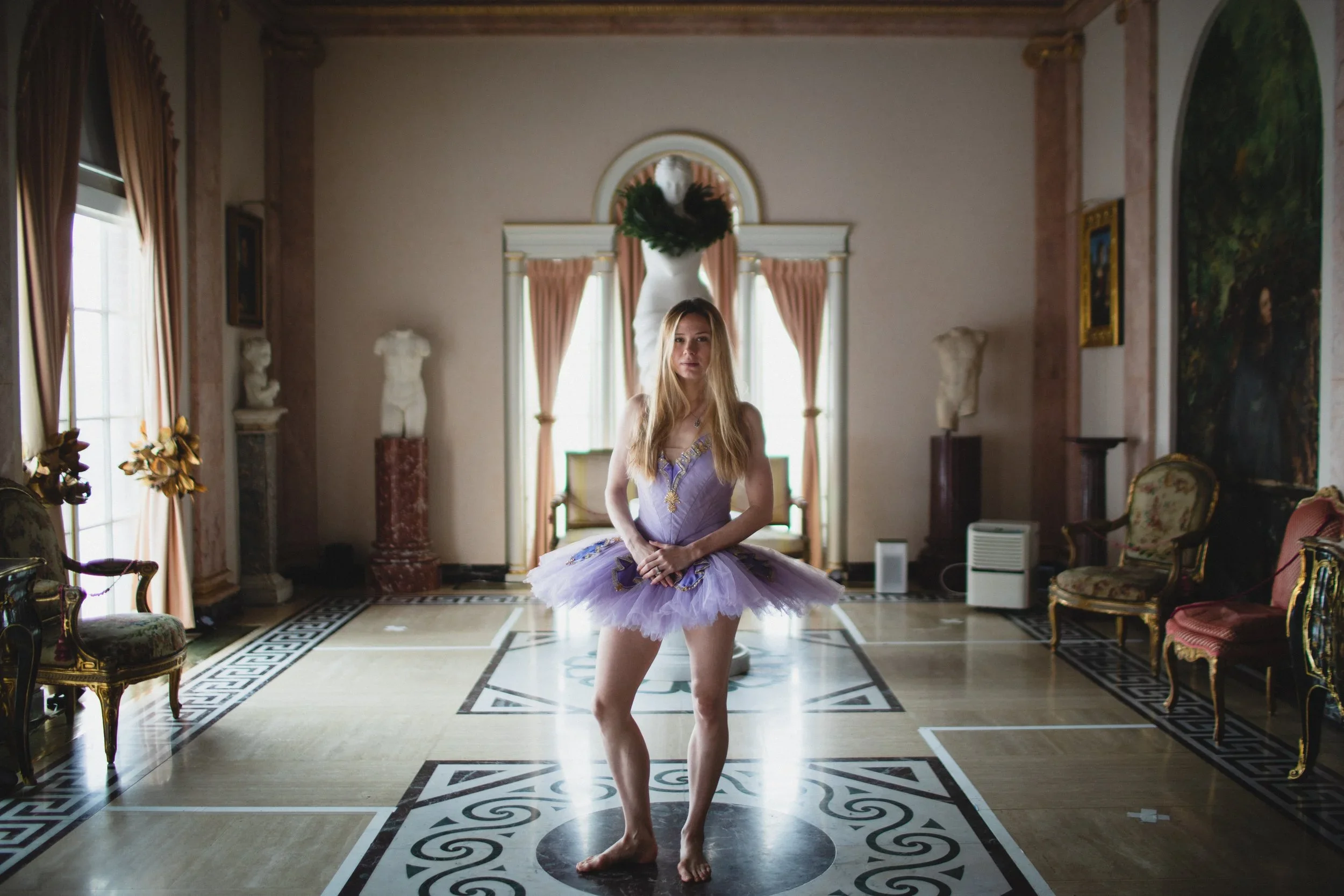Film review: Winter Journey's story of survival in Nazi Germany pushes the documentary form
Authentic-feeling re-enactments meet digitally altered archival footage and photographs
Late actor Bruno Ganz hands in a stunningly realistic performance as Georg Goldsmith in Winter Journey.
The Vancouver Jewish Film Festival presents Winter Journey online until March 14
THE STORY that Winter Journey tells is every bit as remarkable as how it tells it.
The film pushes the boundaries of documentary and docu-drama into artful new territory. In the process, it finds new ways of expressing personal historic truths. In some re-enactments, digital magic allows actors shot in black-and-white to even walk through real archival photographs of 1930s Germany.
Swiss-German actor Bruno Ganz, in his last role before his death in 2019, plays Georg Goldsmith, a Jewish flute player whose life and career were forever changed when the Nazis came to power in Germany. The film re-enacts the real-life conversations author Martin Goldsmith had with his late father in mid-’90s Tucson.
Ganz’s delivery of the recollections is so natural that you feel like you are watching a straight-up documentary interview subject. Less convincing is the offscreen questioning from the unseen Martin, who we only hear in disembodied voice-over.
Directors Anders Østergaard and Erzsébet Rácz bring Georg’s stories to life through black-and-white re-enactments, interwoven with archival footage and photographs, edited and digitally altered in ever-creative ways: at one point, the embers of a book burning fly in the air outside the window of a still photograph of an orchestra rehearsal. Georg’s beloved classical music provides the score.
Ganz recalls an idyllic life as a boy fascinated by music (and the opera The Magic Flute) in picturesque Oldenberg, Germany. But later, his university studies in the flute are cut off by the Nuremberg Laws in 1935. He and the violist who would become his wife are only able to perform as members of the Jewish Cultural Federation—the Jüdischer Kulturbund—a propaganda program set up by the Reich Chamber of Culture to fool the rest of the world into believing the Nazis were treating Jews fairly.
We follow Georg through increasing restrictions, to Berlin and through the terrors of Kristallnacht. Along the way, we gain insights into a fascinating corner of history. Amid the absurd revelations: the Nazis banned the Kulturband first from playing German composers, then Austrian, eventually limiting them to only Jewish works.
We also gain insight into why someone might not run when they have the opportunity. “You must have seen it coming—you read the newspapers?” Martin challenges his father. “I never considered myself a Jew,” his dad says dismissively, and yet Martin pushes further, finding evidence that his father had once had a bah mitzvah. In Ganz’s rich portrait, Georg is difficult and evasive about a past he sometimes wants to forget. But what comes through is his love of music and art. “Sometimes you have to take a risk for what you love,” he shrugs.
Some of the most psychologically compelling material here centres around the life Georg and his wife build after fleeing at great risk to America, settling in Arizona—into a desert location and a job he hates. “You wasted your life in America,” Martin says, confronting his father in the brutally honest way that only a son or daughter can. “You could have taught music.” But Winter Journey teaches us that trauma is more complicated than that. What do you do when you have lost everyone and everything? Is it possible to try to rebuild life the way it was? And does art die when your world ends? Georg puts his own straightforward spin on it: “There will always be music, like life itself: life will always continue."




